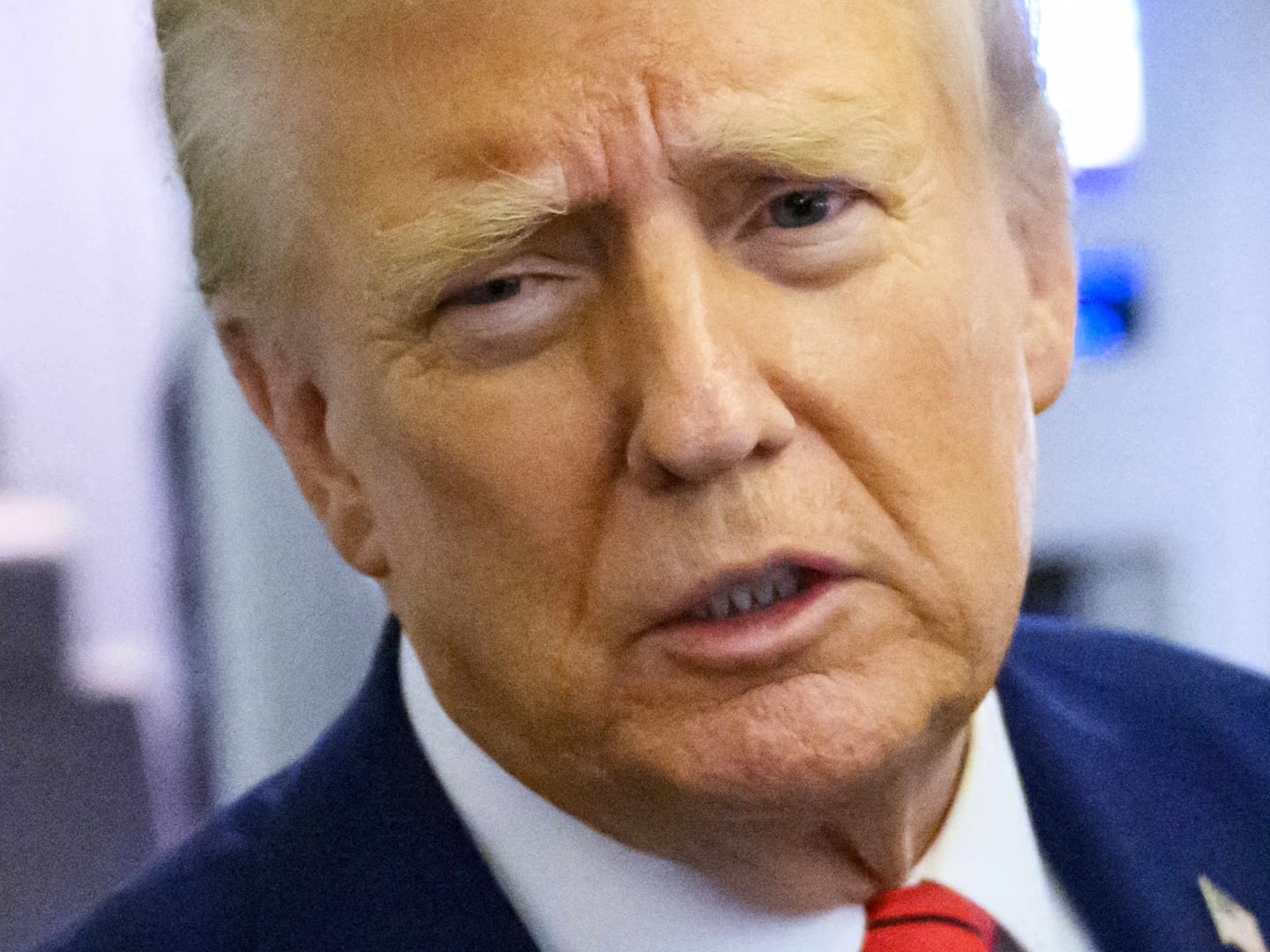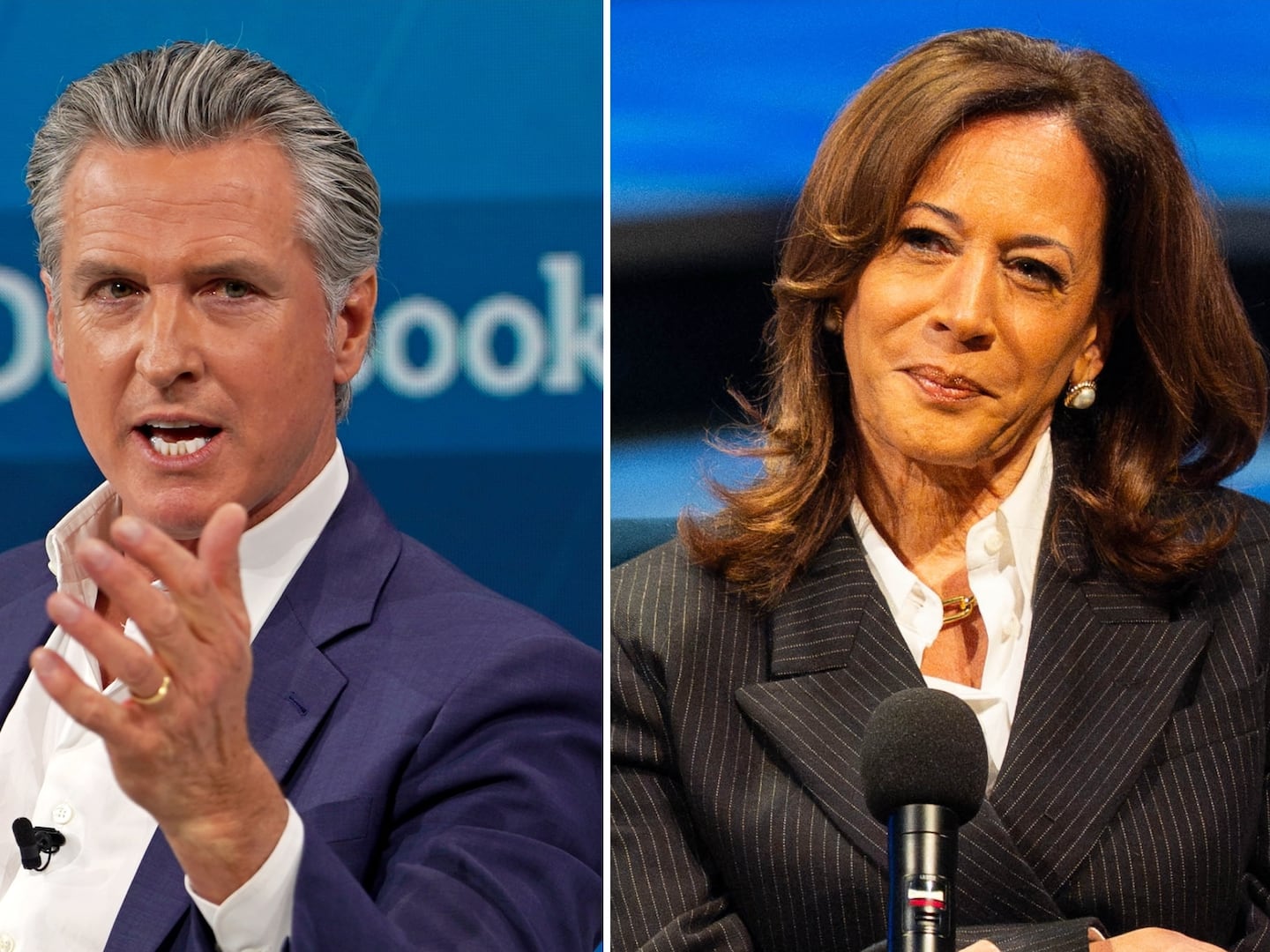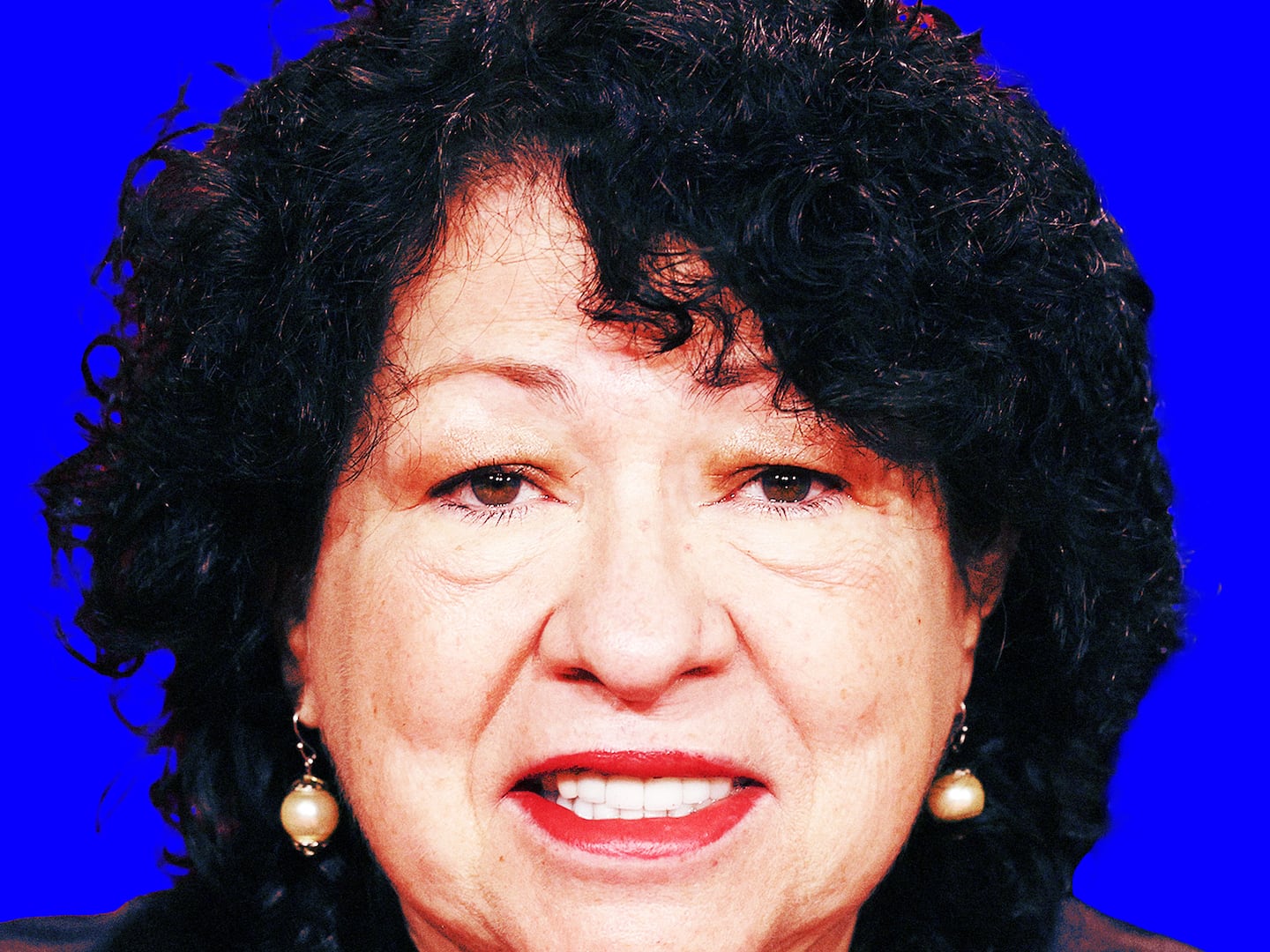After eight years of being digitally thumped in presidential campaigns, the GOP desperately needs Silicon Valley’s deep-pocketed donors and top-tier campaign techies. In the Republicans’ latest goodwill pilgrimage to San Francisco, Sen. Rand Paul is crossing his fingers that Valley executives loath taxes, drones, and the war on drugs more than they care about President Obama, science funding, and gay rights.

“Bush Republicans haven’t been doing very well out here in a long time,” Paul tells me in an interview on his trip to the West Coast. “A libertarian-style Republican would do better out here.”
The effect that anti-science stereotypes have on Republicans cannot be underestimated. “It’s hard to side with a party that’s still trying to reach out to their base of creationists,” said Obama campaign engineer Johnvey Hwang, in a San Jose Mercury News investigation of why Republicans can’t get traction in the valley.
So, as proof of his seriousness, Paul was quick to throw his science-skeptical colleagues under the bus. “Most Republicans live in this century, not two or three centuries ago,” he said, responding to questions about Georgia Rep. Paul Broun’s notorious YouTube rant, in which he called evolution and the Big Bang “lies straight from the pit of Hell.”
Yet Rand's father, former Congressman and presidential candidate Ron Paul - with whom Rand is closely aligned - endorsed Broun. It’s understandable here: it’s not easy to appeal to both the anti-authoritarian bastion of San Francisco without abandoning his religious base.
On gay rights, something Internet companies have aggressively supported, Paul argues that it should be a local decision. “The farther you divide down where the power resides, the better chance you have of people finding a place where they feel comfortable with the government,” he said.
Still gay rights isn’t the prime concern among sleep-deprived startup founders, but a rash of FBI email snooping controversies, a steep corporate-tax structure, and union opposition to more visas for vital highly skilled immigrants are issues that directly affect Internet products. It’s on top of the valley’s unqualified anti-regulation base that Rand finds his foothold.
“You need to understand where the innovation comes from,” Paul said. “It comes from entrepreneurs and individuals working for self-interest.” His get-out-of-the-way message has appealed to a small slice of the valley elite, including early Facebook investor Peter Thiel, who gave $2.6 million to Endorse Liberty, the super PAC of Paul’s father, Ron Paul.
To give readers an idea of the scope of the valley’s libertarian undercurrent, Thiel is so pro-market that he reportedly gave $1.25 million to create a floating libertarian island, devoid of regulation. He’s also given millions to pay students to drop out of college and start a tech business, in order to prove that an embrace of capitalism can be more useful than broad college attendance.
A recent technology manifesto from Paul and his dad doubled-down on the uselessness of government, alleging that the Internet economy is a perfect example of how businesses can thrive “without government permission, partnerships, subsidies, or regulations!”
Yet the technical foundations of the Internet were created in a government-funded military lab. “Father of the Internet” Vint Cerf recounted his detailed experience with federal agencies in an interview response to claims that the private sector deserves credit for the Web.
When confronted with this fact and recent Republican attempts to slash science funding, Paul admitted that paying for infrastructure has an important role. But, “you greatly discount private innovation and entrepreneurial innovation if you want to say that the Internet is a function of the government,” he said.
In reality, there are no pure-bred libertarian leaders in Congress. After earning national headlines for his epic 13-hour filibuster against Obama’s extrajudicial drone program, Paul has proven a reliable, if imperfect, champion of small government.
There are enough disenchanted Obama supporters in the valley with libertarian leanings for a respectable Paul fan base. Perhaps most importantly, Paul isn’t just battling Democrats, he’s fighting a civil war against “Bush Republicans” for control of the party.
Paul readily acknowledges that the Tea Party’s success could not have happened without the organizing power of Web tools. Paul might not turn San Francisco red, but if he’s looking to snag a chunk of money and tech talent to power his way to conservative leadership, his trip to Silicon Valley will likely be very productive.
Correction: An earlier version of this article incorrectly stated that Rand Paul endorsed Paul Broun for Senate. It was his father, Ron Paul, who endorsed Broun.






